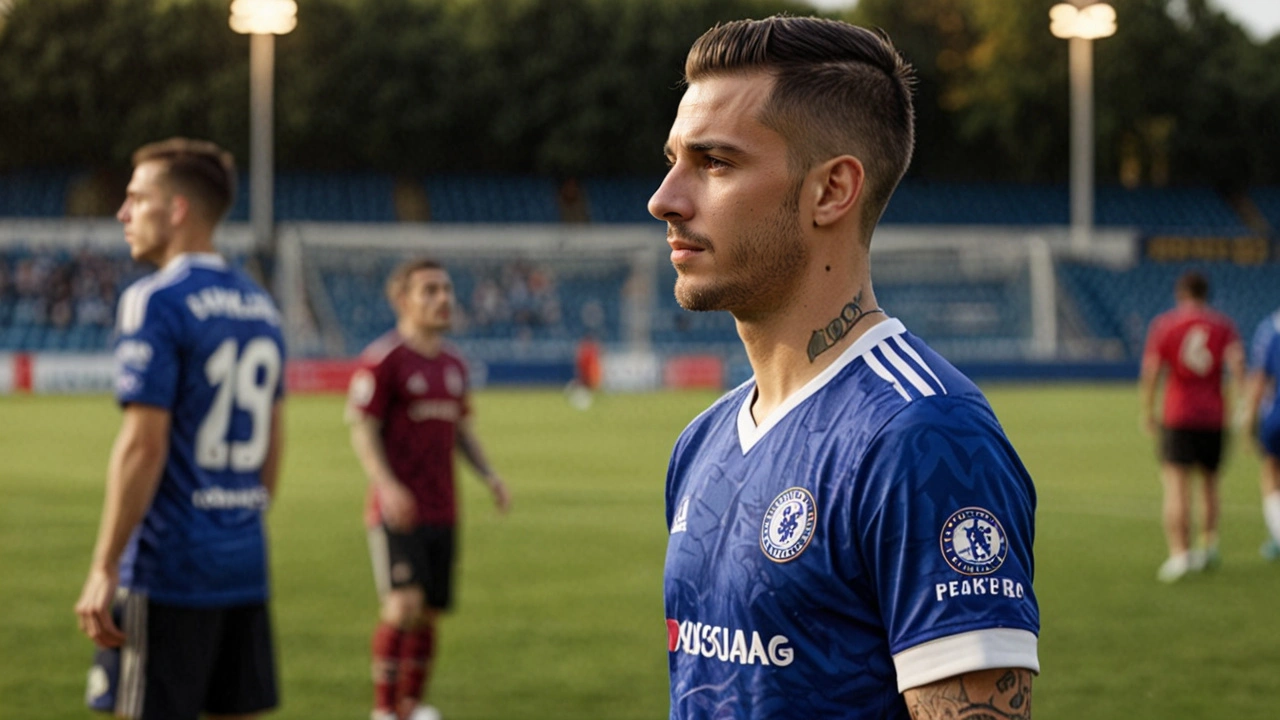FIFA investigation — what it means for teams, officials and fans
FIFA investigations can change careers, reshuffle tournaments and alter how federations run. If you care about African football or global competitions, knowing how these probes work helps you separate facts from noise.
Here you’ll find clear, practical info on what a FIFA investigation is, typical steps in the process, what penalties can look like, and how to follow trustworthy updates. We track developments that affect teams, players and officials across Africa and beyond.
How a FIFA investigation starts and proceeds
Investigations usually begin after a complaint, a media expose, or evidence found by FIFA itself. The FIFA Ethics Committee has two main parts: an investigatory chamber that gathers facts, and an adjudicatory chamber that decides guilt and punishment. Serious cases may also involve the FIFA Disciplinary Committee.
Common allegations include bribery, match-fixing, financial misconduct and conflicts of interest. FIFA can open an inquiry even before a national association acts. Provisional measures — like temporary bans or freezing assets — may be issued early to protect the process.
After the investigatory chamber finishes, the case goes to the adjudicatory chamber with a report and charges. If someone is found guilty, FIFA issues a written decision outlining penalties. Both parties can usually appeal inside FIFA and then at the Court of Arbitration for Sport (CAS).
What penalties mean and who gets affected
Penalties vary. Individuals can get fines, bans from football activities, or lifetime exclusions. Clubs and associations may face fines, point deductions, match forfeits, or disqualification from competitions. In some cases, officials lose roles and reputations permanently.
Sanctions have real effects — a suspended official can delay reforms, a disqualified team loses league or tournament revenue, and fans miss key matches. For African football, high-profile probes can change leadership and funding flows, so monitoring decisions matters.
Timelines are unpredictable. Some probes close in months, others take years. That means news can pop up suddenly — a provisional ban one week, a final ruling months later. Patience and reliable sourcing are key.
Want to stay informed? Check official documents for phrases like “statement of charges,” “provisional measures” and “final decision.” Those phrases show where a case stands. FIFA.com posts official decisions. CAS posts appeals and rulings. Reputable outlets (Reuters, BBC Sport, AFP) provide reliable summaries.
Beware social media rumors. Verify names, dates and documents before you share. If a report links to an official FIFA decision, open it. If not, look for matching coverage from established newsrooms.
Daily Africa Global News will follow FIFA investigations that affect African teams, federations and officials. Use this tag page to find the latest coverage, statements and expert explanations in one place.
Quick tips: enable tag alerts on this site, set a Google Alert for "FIFA investigation", and follow FIFA’s official channels plus trusted sports journalists. That way you get facts fast and skip speculation.
Questions or tips? Send us a note or drop a comment on any story under this tag. We read what readers send and often follow up on credible leads.

Controversy Erupts: FIFA and Chelsea Probe Enzo Fernandez Over Racist Chant During Argentina Bus Celebration
Chelsea's Enzo Fernandez is under scrutiny for participating in a racist chant after Argentina's Copa America win. The incident, condemned by the French Football Federation, has prompted investigations by FIFA and Chelsea. This outlines the ongoing struggle against discrimination in football.